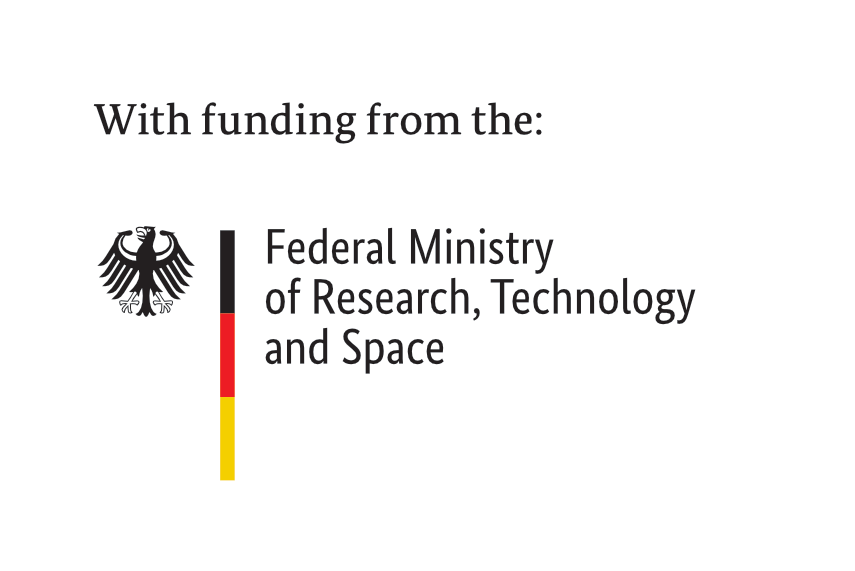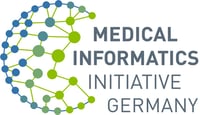TRANSIT
About TRANSIT
With TRANSIT, the Medical Informatics Initiative (MII) is to be expanded by an important building block in the overarching infrastructure in the course of the consolidation and extension phase. This 'building block' realizes the cross-site data provision as well as the associated duties and processing operations (e.g. cross-site data merging) through integration into existing processes and systems. TRANSIT thus complements the existing infrastructure and completes the Data Use & Access (DUA) process of the MII with the possibilities for cross-site data provision and distributed analyses in the context of secondary use purposes for data requesting scientists.

TRANSIT also extends this cross-MII infrastructure and contributes essential services to scientists in their role as data consumers. Furthermore, TRANSIT is responsible for orchestrating the activities between the involved actors through the development and integration of a Data Management Unit (DMU).
TRANSIT also extends this cross-MII infrastructure and contributes essential services to scientists in their role as data consumers. Furthermore, TRANSIT is responsible for orchestrating the activities between the involved actors through the development and integration of a Data Management Unit (DMU).
The DMU bundles activities and functionalities for the final provision of datasets or results of federated analyses as a central system with a user interface and thus ensures a uniform appearance of the MII and also an optimized user participation and experience.
With the goal of completing the cross-MII infrastructure with a central instance of a DMU, TRANSIT will develop a scalable architecture and concepts that support the parallel operation of critical components of the DMU (e.g., for transformation and archiving of data sets). This enables dynamic and federated integration of components and modules where required due to performance requirements and sustainability. Redundant efforts will be avoided by using concepts and prototypical developments from the University Medicine Network / Project RDP and integrating them with the systems and components of the MII as well as its partners.
Due to the expertise in operating the central routine data platform in NUM RDP and the resulting close cooperation with data security and information security experts, HiGHmed is also able to contribute content to a security and data protection concept.



